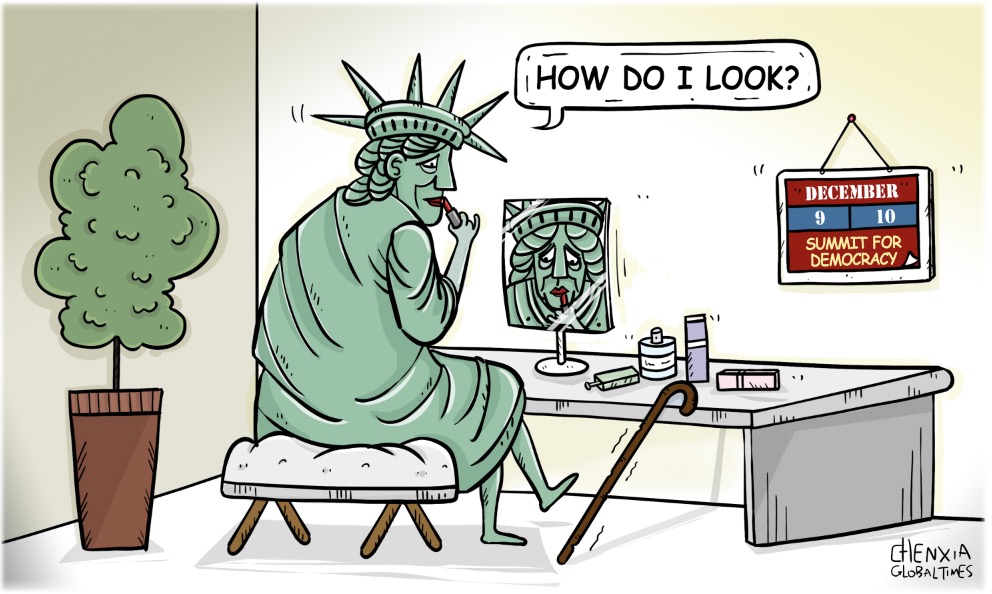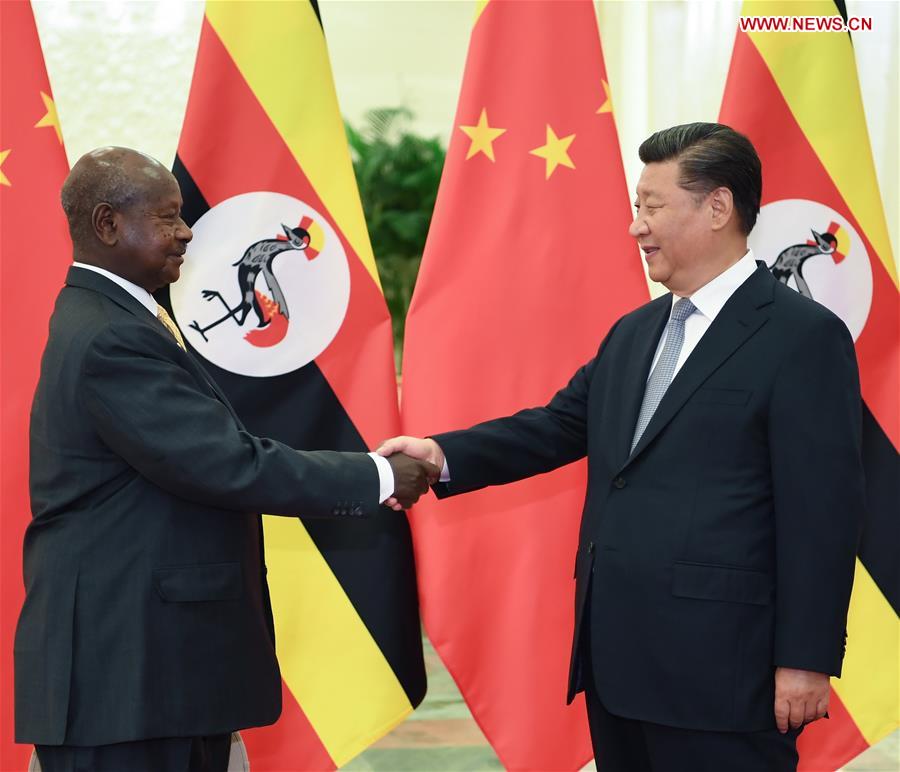Scapegoating: The Bipartisan Front Against China in U.S. Politics

By Moshi Israel
In recent years, the landscape in U.S. domestic politics has been characterised by increasing polarisation and a tendency to attribute internal challenges to external actors. The main victim for this finger-pointing has been China. This trend not only highlights the strain in U.S.-China relations but also points to a broader mechanism at play; Scapegoating. In this article, I aim to delve into the reasons behind the scapegoating of China by the U.S, examine some specific instances where China has been blamed for American issues, and explore the broader implications of this phenomenon.
In the Bible, in Old Testament Jewish tradition, a scapegoat was a sacrificial goat on which sins were placed and was then released into the wilderness to carry away the sins of the people. Currently, scapegoating refers to the practice of blaming an individual or a group for a wide range of problems, often without sufficient evidence. In the context of the United States, scapegoating is a way to divert public dissatisfaction away from domestic policy failures and on to an ‘external enemy’ somewhere. It is also a foreign policy mechanism of creating an adversary to constantly ‘protect’ the people from, consequently, justifying exorbitant defense budgets and questionable international adventures. This strategy is not new. Scapegoating has been used throughout history by states to distract from internal issues, unify public opinion and justify policy decisions.
Scapegoating is usually propagated on the crowds of citizens as a coping mechanism where their rage is pointed to a visible ever-present external enemy, the source of all problems. And it is often promised that with the defeat of that enemy, everything will come back to normal. However, as it is so often, after defeating one created enemy, another one is created in their place. This is because the fundamental problem is not with the monster outside the gates that is always popping up, instead the problem is within, the people must be kept distracted long enough to hopefully never discover that their being devoured from within.
The U.S’ focus on China can be traced back to several factors, including economic competition, ideological differences, and security concerns. The tension between the two giants is made even more worrisome due to media spin and political rhetoric that often paint China as the antagonist in spheres of trade and technology. China is the only truly viable economic competitor of the United States, being an even bigger economy than the United States with a GDP of $35 trillion in terms of PPP compared to $27trillion of the U.S.
The scapegoating of China by the U.S has come in various forms. Economically, China has been accused of unfair trade practices, with sharp rhetoric from U.S leaders like Donald Trump who claimed China is economically ‘raping’ the U.S and Joe Biden who claimed China will ‘eat our lunch.’ Additionally, the U.S has had issues with China regarding intellectual property and currency manipulation which the U.S points to as the reason for the industrialization of certain American sectors. Everyone remembers the infamous Trump trade war with China. Politically, the Covid-19 crisis has been blamed on China and some U.S politicians have not been shy to use derogatory language against China. Senators Tim Scott and Lindsey Graham have been vocal on the so-called origins of Covid-19. On the other hand, Pelosi, Majority leader Chuck Schumer and Marco Rubio have all criticized China on human rights and the mere fact that China is economically competing with the U.S. Rubio even went as far as lamenting that what China offers the world is a direct challenge to U.S national interests and values. This is not to mention all the U.S provocations of China concerning Taiwan and the South China Sea.
Currently, there is the Saga of banning the popular Chinese owned social media app ‘TIK TOK.’ The U.S claims the app poses a national security risk citing the potential for the Chinese government to access user data or disseminate misinformation. This focus on Tik Tok shadows broader issues within the tech industry such as data privacy, cyber surveillance and influence of social media over public opinion. Singling out Tik Tok is partisan and does not reflect well on the U.S congress. It is a form of killing off competition, hindering innovation and raises questions of free speech in a country which claims to have been founded on the fundamental right of freedom of Speech. There are calls for there to be comprehensive data protection laws that affect all companies and not just those based in China. Singling out china diverts attention from the much needed reforms in the tech industry concerning user information.
All these accusations against China are simplistic and short-sighted at best, they tend to ignore the complexities of international relations and eventually put world peace and prosperity at risk. China and the U.S must cooperate for the good of the world. China has raised a valid claim that the current global order is broken and needs fixing, the days of a unipolar world order are gone and it is time for a new multipolar world. This kind of adversarial approach to China hinders cooperation on Climate Change, International Security and pandemic response.
The Writer is a Senior Research Fellow with the Development Watch Centre
related publications
DWC
Development Watch Centre
Kampala - Uganda
ADDRESS
Plot 212, RTG Plaza,3rd Floor, Office Number C7 - Hoima Road, Rubaga
CONTACT
+256 703 380252
info@dwcug.org


